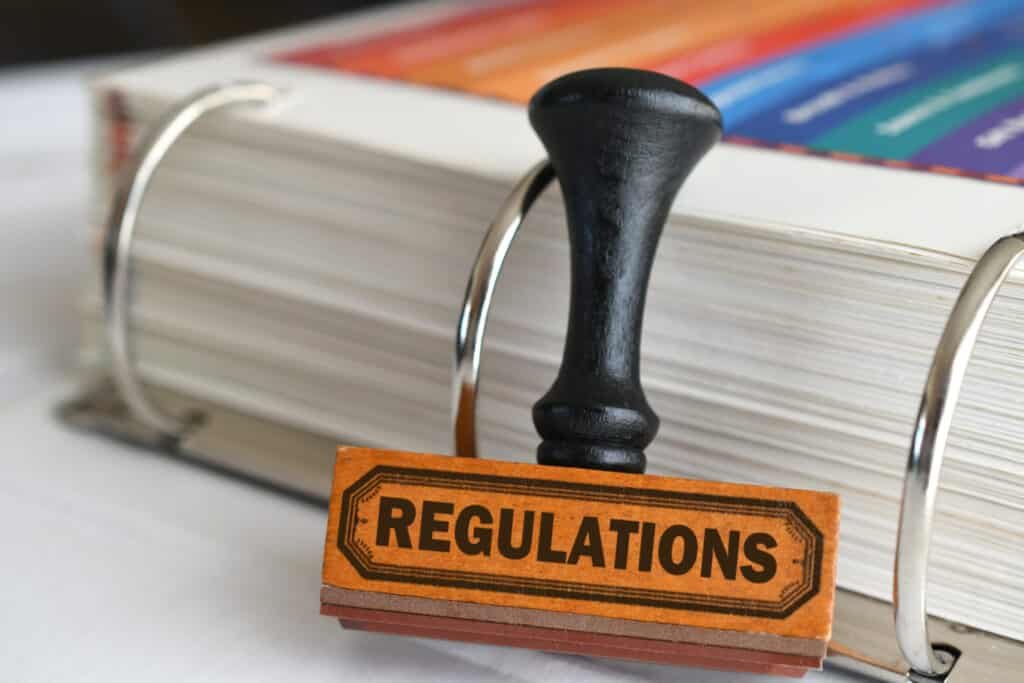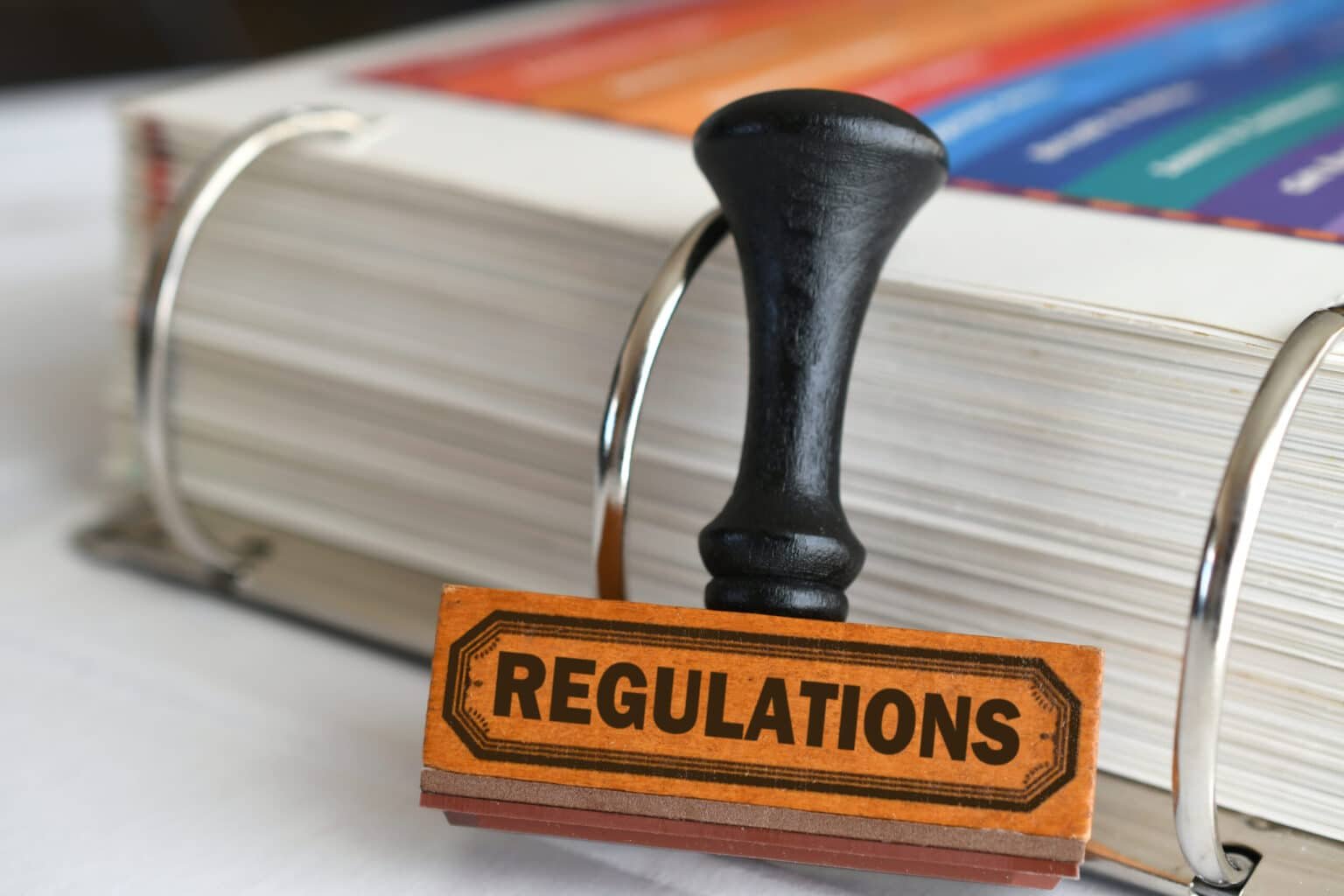
Navigating highly regulated industries such as finance, healthcare, energy, and pharmaceuticals can be a daunting challenge for sales teams. These sectors are governed by strict rules, legal frameworks, and auditing requirements that can slow down the sales process. However, organizations that view compliance not as a hurdle but as a strategic advantage can differentiate themselves, gain client trust, and accelerate deal closures. By integrating regulatory adherence into their sales strategy, companies can position themselves as reliable, credible partners in complex markets.
Key benefits of leveraging compliance in sales:
- Builds trust and credibility with clients
- Reduces risk of legal or financial penalties
- Shortens decision-making cycles for regulated buyers
- Creates a competitive barrier for competitors less prepared
One of the biggest challenges in regulated industries is the complexity of approval processes. Every proposal, contract, or product implementation often requires legal review and adherence to strict regulatory guidelines. This can frustrate both sales teams and potential clients, leading to longer sales cycles. Sales professionals need to anticipate these hurdles and proactively address them to avoid delays. By understanding the regulations that affect clients’ industries, sales teams can become trusted advisors rather than mere vendors.
Strategies to overcome regulatory hurdles:
- Educate sales teams on industry-specific regulations
- Prepare compliance documentation in advance
- Use automated workflow tools to track approvals
- Collaborate closely with legal and compliance teams
Compliance as a Value Proposition –
Compliance can be a powerful selling point rather than just a requirement. Buyers increasingly prefer partners who help reduce their own regulatory burdens. Highlighting certifications, standards met, and compliance features demonstrates how your product or service adds value and reduces risk.
Ways to leverage compliance as a selling point:
- Highlight relevant certifications and industry standards
- Show how your product reduces audit and regulatory risks
- Share client success stories focused on compliance benefits
- Offer educational resources like webinars on regulatory best practices
Streamlining Internal Processes for Sales Efficiency
Integrating compliance into sales operations improves internal efficiency. By embedding regulatory checks into workflows, sales teams reduce errors, avoid contract rejections, and accelerate deal approvals. Tools like CRM compliance modules, pre-approved templates, and automated reporting can make compliance effortless and speed up sales cycles.
Tips to streamline compliance in sales:
- Automate document and contract reviews
- Standardize pre-approved proposal templates
- Track regulatory requirements by client segment
- Provide ongoing compliance training for sales teams
Gaining Competitive Advantage Through Compliance –
Mastering compliance can set companies apart in highly regulated markets. Many organizations avoid these sectors due to perceived complexity. Businesses that embrace compliance can win deals others won’t touch, position themselves as specialists, and build long-term client loyalty. Leveraging compliance for thought leadership—through blogs, whitepapers, and webinars—further strengthens brand credibility.
Competitive advantages of compliance mastery:
- Wins deals competitors avoid
- Positions your company as a trusted expert
- Builds long-term client loyalty
- Supports brand authority through thought leadershi
Conclusion –
In highly regulated industries, compliance is not just a legal obligation—it is a strategic advantage. Companies that integrate regulatory adherence into their sales strategy can accelerate deals, gain client trust, and differentiate from competitors. Sales teams that treat compliance as a competitive lever are better positioned to thrive and grow in complex, high-stakes markets.


